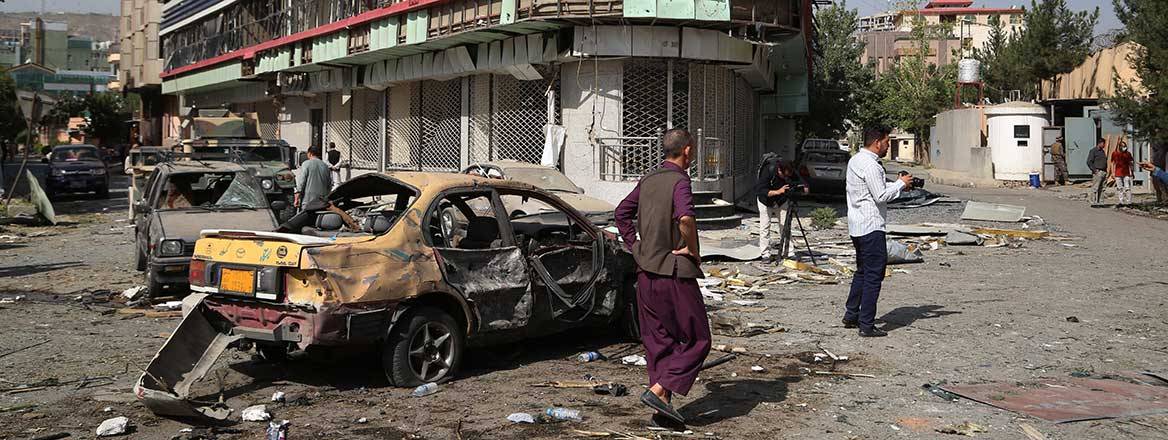Attitudes Towards Violence in Urban Afghanistan Before the Taliban Takeover
This study sheds light on the factors that may influence violent extremism tendencies in Afghanistan.
This Emerging Insights paper draws mainly from a 2019 survey in the Afghan cities of Kabul and Jalalabad to discuss attitudes towards extremist violence in urban Afghanistan and the role of conservative, non-violent and/or anti-state extremist milieus in the emergence of violent extremism. The survey found that sympathy for violent extremism was significant, even in the absence of a mass base.
The paper argues that although there is no evidence of an automatic link, conservative/extremist milieus can favour violent extremism, perhaps by creating an environment relatively impermeable to state influence. State neglect and abandonment stood out as other factors feeding into the emergence of milieus hostile to the state and to some extent more sympathetic to violent extremism. The evidence is weaker or absent on the role of milieus arising out of frustration with poor governance and economic deprivation, ethnicity and intense religious practice. The only exception in this regard is the poor behaviour of the police, which correlated positively with sympathy for violent extremism.
The author warns in his conclusions about the risk of using evidence of conservative/extremist milieus favouring the emergence of violent extremism as an excuse or justification for cracking down on non-violent extremists, which is likely to be counterproductive.
WRITTEN BY
Dr Antonio Giustozzi
Senior Research Fellow
Terrorism and Conflict
- Jim McLeanMedia Relations Manager+44 (0)7917 373 069JimMc@rusi.org



